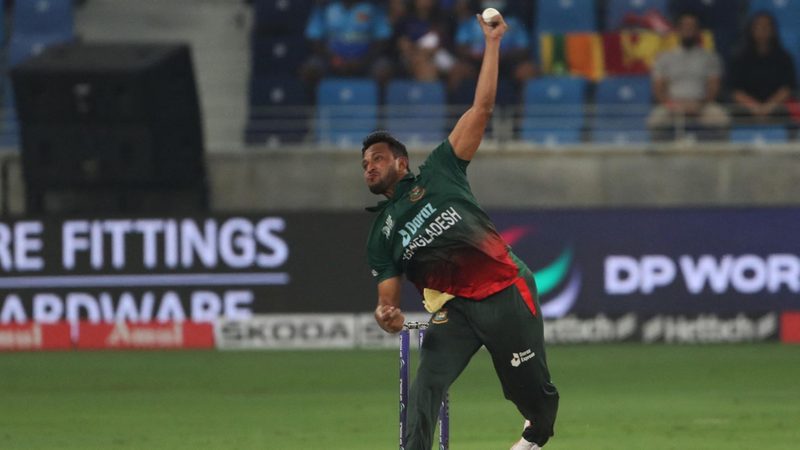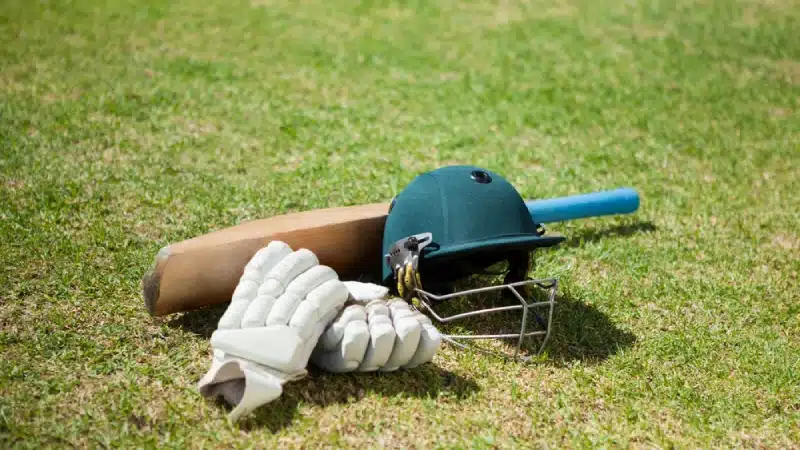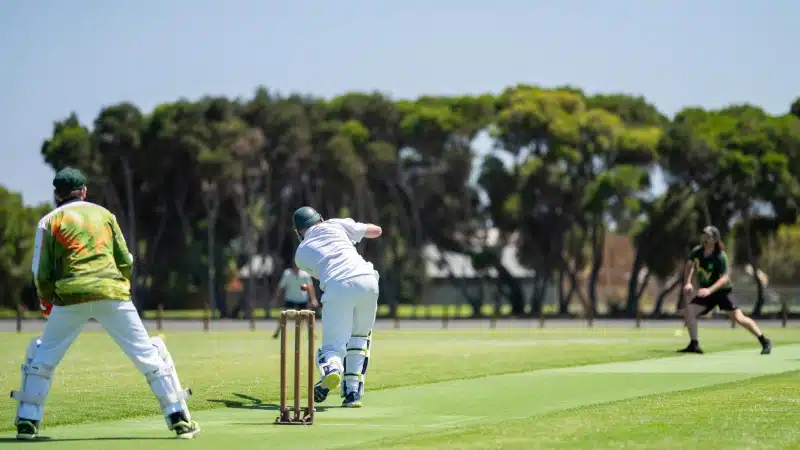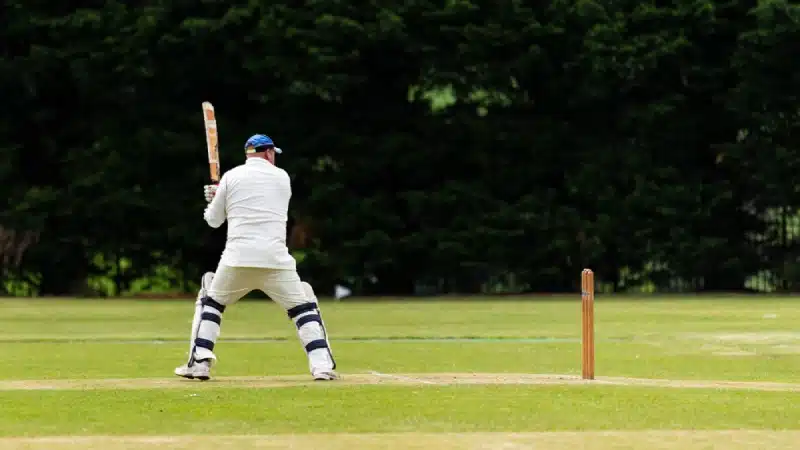
Bangladesh all-rounder Shakib Al Hasan holds the record for most wickets in T20 World Cup history.
Shakib Al Hasan has 47 wickets in 36 matches at an average of 18.63 and an economy rate of 6.78. He also has three four-wicket hauls in T20 World Cups with the best bowling effort of 4/9 that came against Papua New Guinea in the 2021 edition.
Former Pakistan all-rounder Shahid Afridi is second on the list of most wickets in T20 World Cup with 39 wickets in 34 matches at an economy of 6.71. Sri Lanka’s legendary fast bowler Lasith Malinga is next on the list with 38 T20 World Cup wickets in 31 matches at an economy rate of 7.43. Malinga’s best T20 World Cup spell was his 5/31 which rocked England in 2012.
Pakistan off-spinner Saeed Ajmal, mystery spinner Ajantha Mendis and fast bowler Umar Gul round off the top five list for most wickets in T20 World Cups.
Most wickets in T20 World Cup
|
Player |
Matches |
Wickets |
Economy Rate |
Best Bowling |
|
Shakib Al Hasan |
36 |
47 |
6.78 |
4/9 |
|
Shahid Afridi |
34 |
39 |
6.71 |
4/11 |
|
Lasith Malinga |
31 |
38 |
7.43 |
5/31 |
|
Saeed Ajmal |
23 |
36 |
6.79 |
4/19 |
|
Ajantha Mendis |
21 |
35 |
6.70 |
6/8 |
|
Umar Gul |
24 |
35 |
7.30 |
5/6 |
Here’s a look at the top wicket-takers in each edition of the ICC T20 World Cup.
ICC T20 World Cup 2007: Umar Gul
Pakistan fast bowler Umar Gul was in tremendous form in the ICC T20 World Cup 2007 as he played an instrumental role in taking his side to the final with 13 wickets. He was also the pick of the bowlers in the final with 3/28 but ended up on the losing side. Interestingly, he was one of three bowlers who missed hitting the stumps in the bowl out that handed India a victory in a league stage match.
ICC T20 World Cup 2009: Umar Gul
Umar Gul once again was the highest wicket-taker in the tournament for the second consecutive time with 13 wickets. However, this time he went on to win the T20 title with Pakistan after falling agonizingly short in the final against India in the inaugural edition in 2007. He finished with figures of 1/29 in a final against Sri Lanka which Pakistan won comfortably by eight wickets.
ICC T20 World Cup 2010: Dirk Nannes
The T20 World Cup 2010 was the highlight of Dirk Nannes’ career after he finished as the highest wicket-taker with 14 scalps, including a best of 4/18 against Bangladesh. Though he had a short T20 career, Nannes made the most of it at the 2010 World Cup by playing a key role as Australia progressed to the final before succumbing to defeat against England.
ICC T20 World Cup 2012: Ajantha Mendis
Sri Lanka’s Ajantha Mendis spun a web around opposition batsmen in the ICC T20 World Cup 2012. He topped the wicket-taking charts with 15 wickets. In the very first match of the tournament, Mendis returned with mind-boggling figures of 6/8 against Zimbabwe. He also bowled magnificently in the final against West Indies with a bowling effort of 4/12 although it wasn’t enough to help Sri Lanka win the coveted T20 title.
ICC T20 World Cup 2014: Imran Tahir & Ahsan Malik
South Africa’s Imran Tahir and Netherlands’ Ahsan Malik were the joint leading wicket-takers in the ICC T20 World Cup 2014 with 12 scalps apiece. Tahir produced a best bowling effort of 4/21 against the Dutch while Malik made it to the top of the wicket-takers list as an associate bowler. Malik scalped 5/19 versus South Africa but the Proteas eventually crashed out in the semi-finals, while Netherlands could not go past the group stages.
ICC T20 World Cup 2016: Mohammad Nabi
Off-spinner Mohammad Nabi produced great individual performances with the ball at the ICC T20 World Cup 2016 and topped the wicket-takers list with 12 scalps, one more than countrymate Rashid Khan. Though Afghanistan could not go beyond the group stages, Nabi’s bowling was a bright spark for Afghanistan in what was otherwise a disappointing campaign.
ICC T20 World Cup 2021: Wanindu Hasaranga
Sri Lankan leg-spinner Wanindu Hasaranga showcased exemplary bowling skills to finish the ICC T20 World Cup 2021 as the highest wicket-taker with a haul of 16 wickets with a best of 3/20 against South Africa in the Super 12 stage. Though Sri Lanka failed to reach the knockout stages of the competition, the leggie's bowling was a massive boost to a bowling unit that lacked confidence and execution.
ICC T20 World Cup 2022: Wanindu Hasaranga
Wanindu Hasaranga once again ended with most wickets in the 2022 edition of the T20 World Cup in Australia. Sri Lankan star leg-spinner Wanindu Hasaranga scalped 15 wickets in eight matches at an average of 13.26 and an economy of 6.41. His best bowling figures of 4-0-8-3 at the marquee T20 tournament came against the United Arab Emirates (UAE) in a First Round Group A encounter in Geelong in October 2022.
Photo credit: Surjeet Yadav / AFP




















